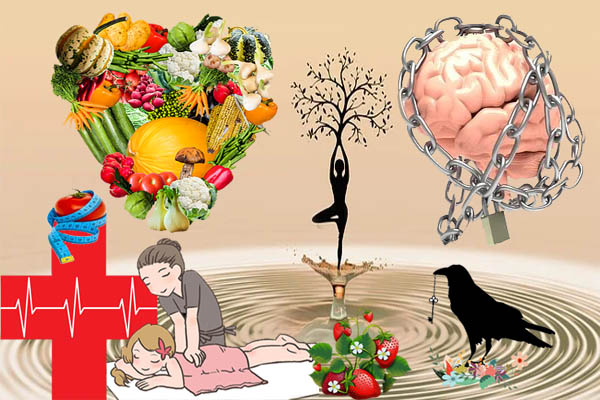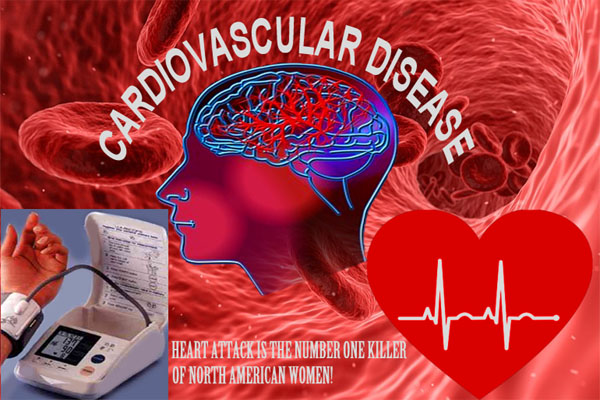Health Pages
Your Health Care Options
For Your Health
Your Health Care Options
Your whole body works hard all day, every day, show it you care. Luckily, taking a preventative approach can help lower your risk and keep your body strong and healthy for years to come.
You can't control your family history of disease, age, gender or ethnicity. However, since there are many other risk factors such as smoking, physical inactivity, bad eating, drinking and other unhealthy habits that are considered to be largely modifiable, many deaths and disabilities due to disease can be prevented. It's never too early to start caring for your health and well-being.
Everyday decisions you make about how active you are, what you eat and drink and how you manage stress can help you reduce your risk of disease.
Learn More...
Good nutrition and healthy eating are the most important things you can do to maintain and improve your general health. From the prenatal period throughout life, sound dietary practices and proper nutrition are essential in keeping current and future generations of people healthy across the life span. People with healthy eating patterns live longer and are at lower risk for serious health problems such as heart disease, type 2 diabetes, obesity and many other diseases. For people with chronic diseases, healthy eating can help manage these conditions and prevent complications. Click on the link to find out more about Nutrition...
Breastfeeding unquestionably reduces mortality in newborns and infants and provides numerous lifelong health and brain development advantages to the child. Did you know that the numerous benefits of skin-to-skin contact and breastfeeding substantially outweigh the potential risks of transmission and illness associated with COVID-19. Learn more...
Helping children develop healthy eating habits is a struggle for many parents. The vast majority of children don't eat enough fruits and vegetables. Many parents count juice as fruit, but juice consumption is much less nutritious, don't have needed fibre and excess juice consumption has been associated with obesity in some children. Fruits and vegetables contribute key vitamins and minerals, as well as fibre, to a child's diet and are vital in preventing many chronic diseases later in life. Find how to Get Your Kids to Eat Healthy...
Arthritis is inflammation or swelling of one or more joints. There are more than 100 conditions that affect the joints, tissues around the joint, and other connective tissues. Pain and stiffness in and around one or more joints are common symptoms for most types of arthritis, but different types of arthritis have different symptoms. Find answers to Frequently Asked Questions (FAQs) About Arthritis...
Diabetes mellitus (DM), commonly referred to as diabetes, is a group of metabolic disorders that affect how your body uses blood sugar (glucose). People with diabetes have high blood sugar levels over a prolonged period. There are three main types of diabetes mellitus: TYPE 1 diabetes, TYPE 2 diabetes, and GESTATIONAL diabetes. Learn more about Diabetes...
World Cancer Research Fund (WCRF) UK recommends eating more of a variety of vegetables, fruits, wholegrains, and pulses such as beans. Basing our diets on plant foods (like vegetables, fruits, wholegrains, and pulses such as beans), which contain fibre and other nutrients, can reduce our risk of cancer. For good health, WCRF UK recommends basing all meals on plant foods. When preparing a meal, aim to fill at least two thirds of your plate with plant foods like vegetables, rice, pasta, lentils and cereals. Aim to eat these types of foods with every meal and opt for wholegrain options whenever possible. Find out more about Plant Foods and Cancer Prevention











